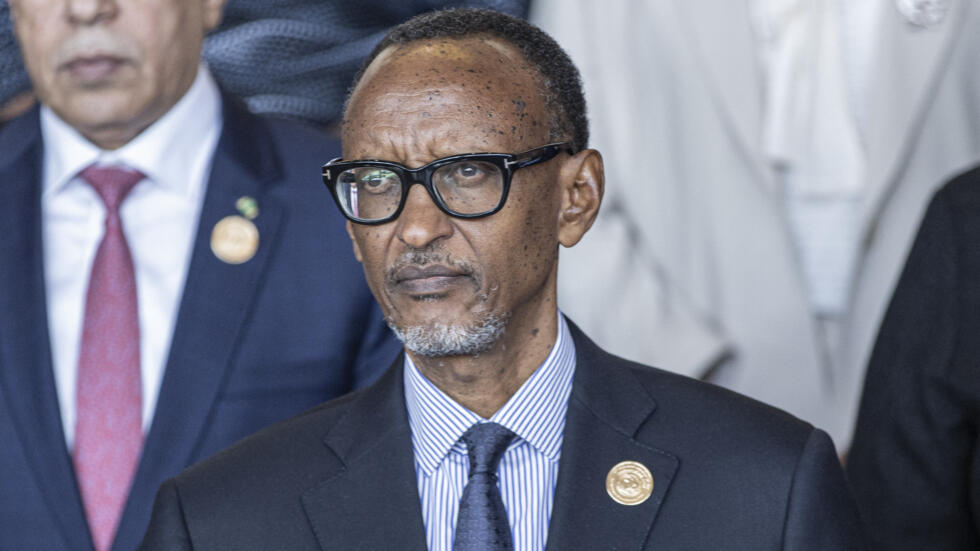- The genocide, which lasted for 100 days, came to an end when the Rwandan Patriotic Front (RPF) rebel militia, led by President Kagame, took control of the capital, Kigali, in July 1994.
President William Ruto has extended his heartfelt praise to President Paul Kagame of Rwanda as the country solemnly commemorates the 30th anniversary of the genocide that claimed the lives of over 800,000 people.
In a message shared on his official X account, President Ruto hailed Rwanda's remarkable progress and resilience, emphasizing its status as a shining example of overcoming adversity and fostering national unity.
"Thirty years since the Rwanda genocide, the country has made tremendous progress that demonstrates the total resilience of the people and the government of Rwanda. Rwanda is a shining example of the people's immeasurable power not only to overcome adversity but also to reconcile and live as one people," President Ruto expressed.
President Ruto commended President Kagame for his unwavering leadership, tremendous courage, and abundant foresight in guiding the nation through the aftermath of the genocide. He conveyed the good wishes of the people and government of Kenya, expressing hopes for Rwanda's continued success in its journey towards greater heights.
Under President Kagame's rule, Rwanda has found stability and progress. President Kagame, who led the rebel militia that ended the genocide, has been widely recognized for his efforts in establishing peace and driving economic growth in the country over the past three decades.
Read More
The commemorative ceremonies on April 7, the day when the genocide began in 1994, commenced with President Kagame laying wreaths on mass graves and igniting a remembrance flame at the Kigali Genocide Memorial, where it is believed that more than 250,000 victims are buried.
This solemn occasion marks the beginning of a week of national mourning, during which Rwanda comes to a standstill and national flags are flown at half-mast.
Starting April 7, 1994, the Hutu extremists led by the Rwandan army and a militia known as Interahamwe massacred Tutsis and moderate Hutus.
Notably, Rwanda has made significant strides in reconciliation and healing since the genocide. The country has embraced a policy of unity, as reflected in the fact that Rwandan ID cards no longer include ethnic identification of individuals such as Hutu or Tutsi.
The genocide, which lasted for 100 days, came to an end when the Rwandan Patriotic Front (RPF) rebel militia, led by President Kagame, took control of the capital, Kigali, in July 1994.










